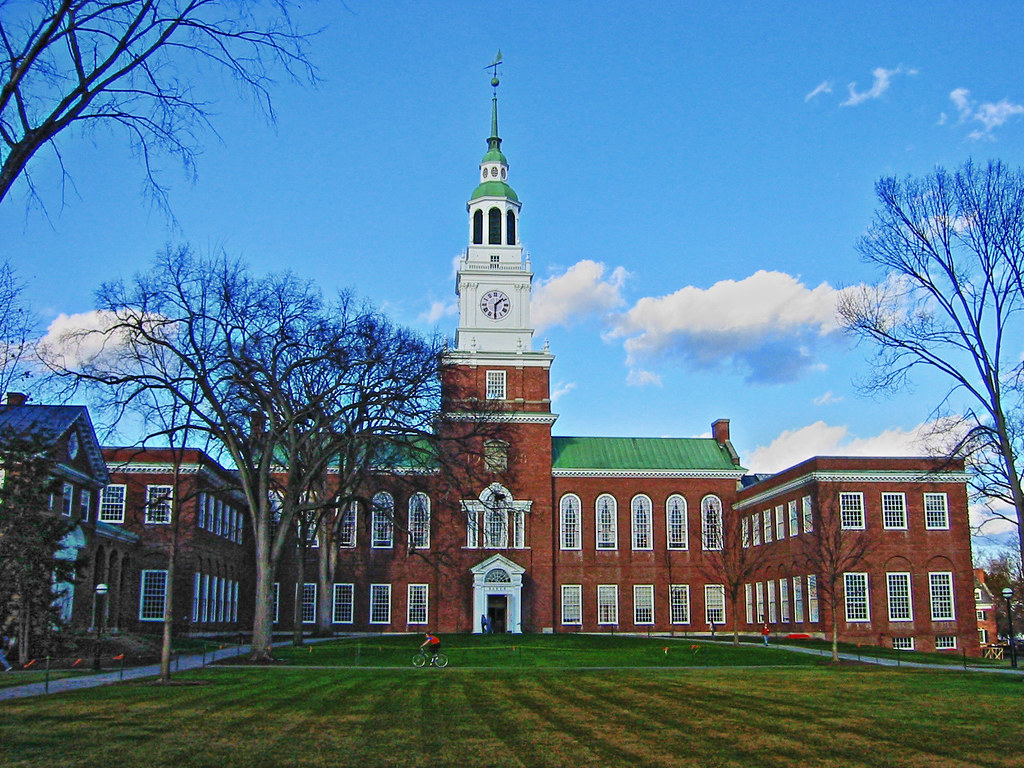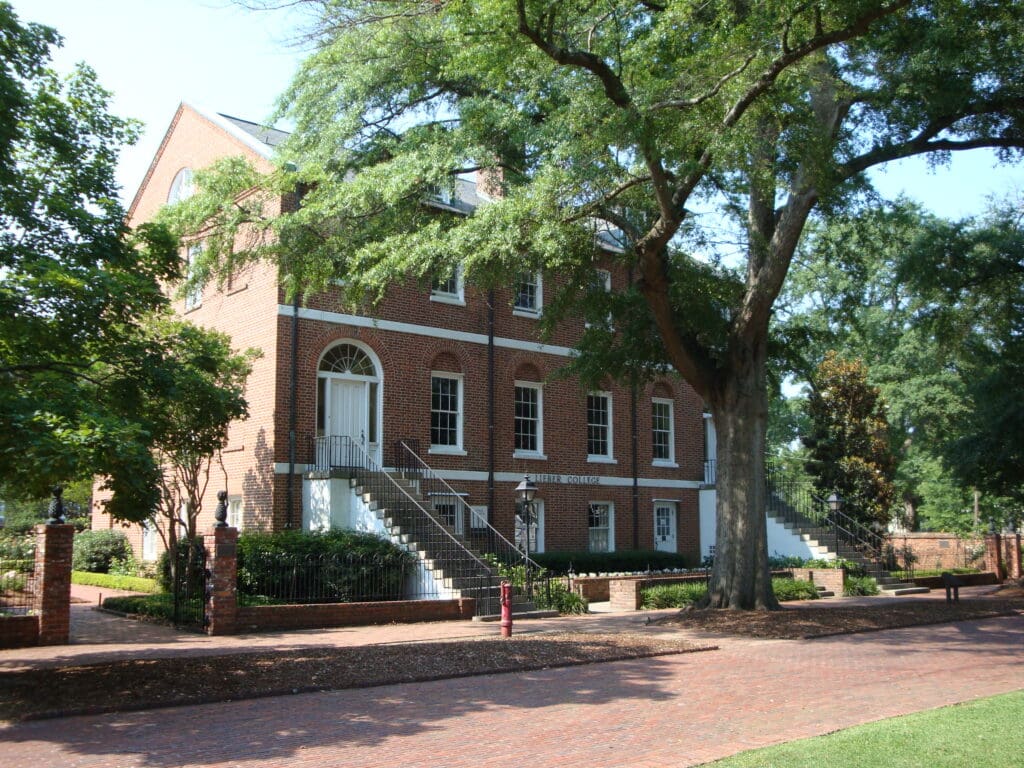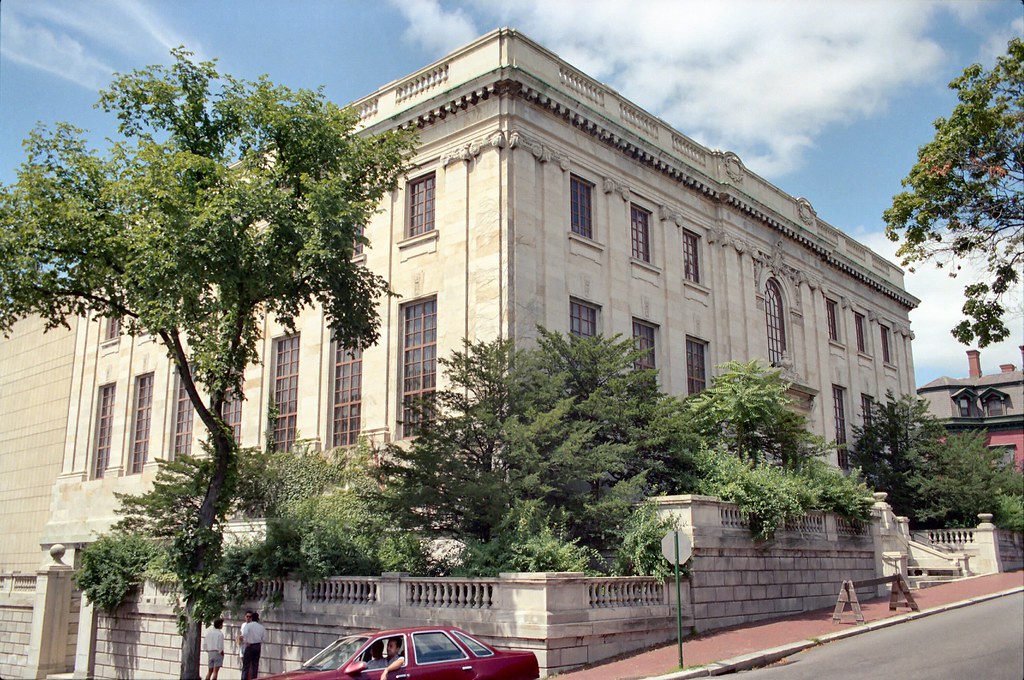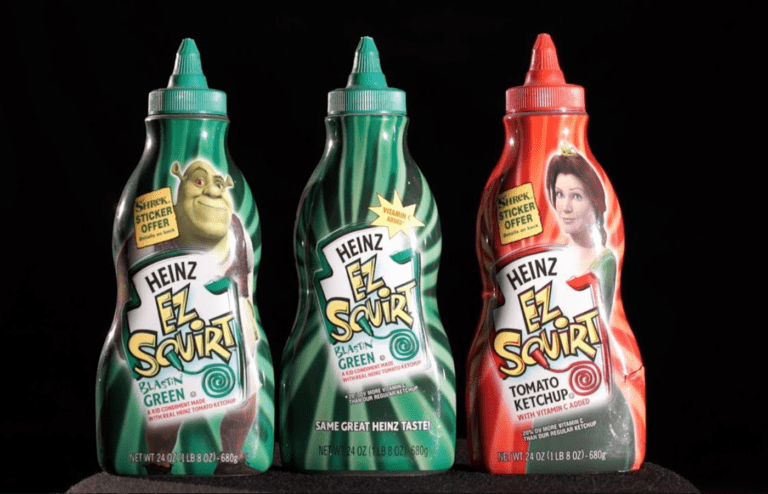The cost of tuition in the US is out of control, and with inflation gobbling up people’s paychecks it’s harder than ever to imagine sending a kid to college, even if it’s one of the best Universities in the state. Each year, U.S. News & World Report puts out a ranking list with few changes from the prior year, though this time they say they’ve updated their methodology to account for recent complaints.
Related: We ranked every state based on cost of living.
The Usual Suspects

The same few schools usually top their rankings. Princeton, unsurprisingly, is the top school once again. MIT and Harvard take the next few spots, followed by Stanford. Many readers have complained about the publication’s methodology, and there have been controversies regarding alleged data manipulation. And some claim that there’s the philosophical question of whether it’s acceptable to rank colleges.
As places of higher education offer different programs and experiences for students, they’re of course subject to preferences among employers. But, for the vast majority of fields, a college degree is a college degree. Who minds if a professional attended an Ivy League school or their local state university?
Status Symbols

Still, it’s undeniable that US News’ rankings are a huge contender in helping families select a school for their kids. The status symbol of going to a highly-ranked school is a huge bonus for some families, and schools outwardly welcome their high rankings. But do these rankings make any sense?
And, even in the face of controversy, US News pulls in over 100 million viewers every year for its education rankings. Whether or not people agree with their list, many look at it and talk about it. And, interestingly enough, the way US News structures its list allows schools to brag about their high national ranking in various programs, like nursing, business, and the arts.
New Ranking Weights

Still, the largest categories are largely calcified. The same few schools are among the top national universities, the top historically Black colleges, and the top liberal arts colleges. This year, US News says it put more weight on retention and graduation rates for those with Pell grants. Some public universities shot up in ranking while other private universities dropped precipitously.
But does this make the US News ranking a better source of deciding where to go to college? Probably not. Their highest-rated schools are still prohibitively expensive for the vast majority of students without significant scholarships or grants. And, despite this, many families still scrape together the money from savings accounts and with student loans.
Pros and Cons

Are people better off sending their kids to such prestigious universities? Some people argue that a good education is a good education no matter where you get it. Others note the powerful networking tools one gains by attending a well-regarded institution. An individual’s opinion on the matter is often largely colored by their socioeconomic background, too.
US News notes that it “strongly” advises those who view its rankings to consider a varied number of sources when considering what college to attend. But for the majority of people who see these rankings, the high placement of so many Ivy League schools is both daunting and disheartening. Who can afford to get a good education?








